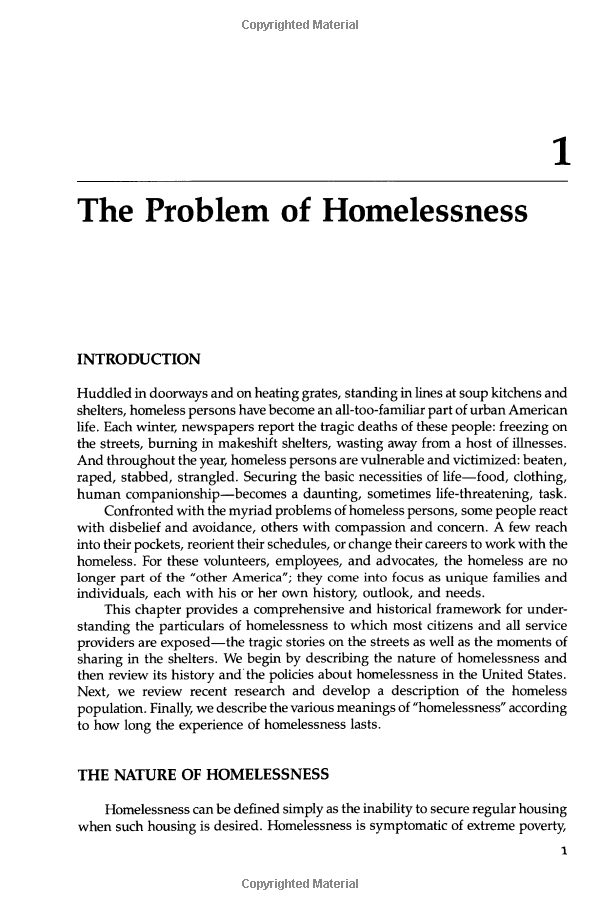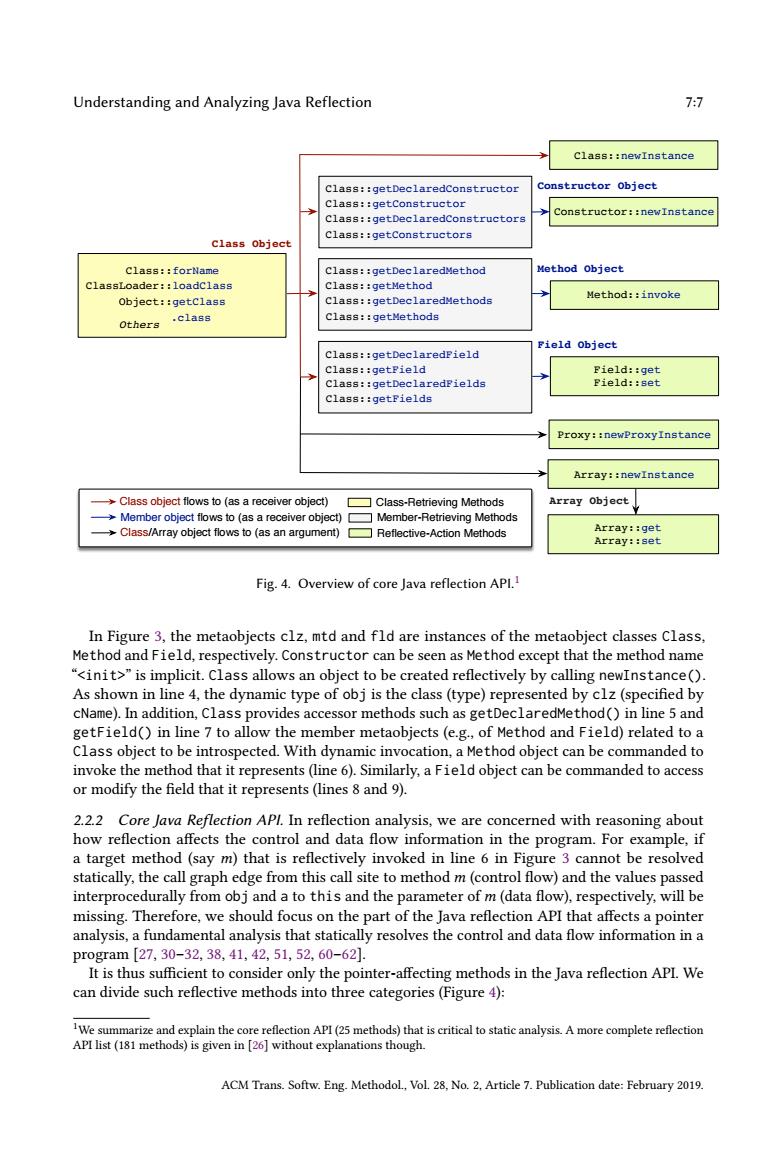Understanding the Assumption of Loan Definition: A Comprehensive Guide for Homebuyers
#### Assumption of Loan DefinitionThe **assumption of loan definition** refers to the process by which a buyer takes over the existing mortgage of a seller……
#### Assumption of Loan Definition
The **assumption of loan definition** refers to the process by which a buyer takes over the existing mortgage of a seller, assuming the responsibility for the remaining balance and terms of the loan. This can be an advantageous option for both parties involved, particularly in a fluctuating interest rate environment. When a buyer assumes a loan, they effectively step into the seller's shoes, inheriting the mortgage without having to secure a new loan. This can lead to significant savings if the original loan has a lower interest rate than current market rates.
#### Benefits of Loan Assumption
One of the primary benefits of assuming a loan is the potential for lower interest rates. In an environment where rates are rising, a buyer can take advantage of an existing mortgage with a more favorable rate. This can lead to lower monthly payments, making homeownership more affordable.
Another advantage is the reduced closing costs associated with loan assumptions. Traditional mortgage processes often come with various fees, including appraisal fees, title insurance, and other closing costs. When a loan is assumed, many of these costs can be minimized or eliminated, providing further financial relief to the buyer.

#### Types of Loans Eligible for Assumption
Not all loans are assumable. Generally, FHA, VA, and some conventional loans allow for assumptions, but it's crucial to verify the specific terms of the mortgage in question. Some loans come with a "due-on-sale" clause, which means that the lender can demand full repayment if the property is sold. Understanding the type of loan and its terms is essential for both buyers and sellers considering a loan assumption.
#### Process of Loan Assumption
The process of assuming a loan typically involves several steps. First, the buyer must qualify for the loan assumption, which may require a credit check and income verification by the lender. This is to ensure that the buyer is capable of managing the mortgage payments.

Once qualified, the buyer and seller will need to complete the necessary paperwork, which usually includes a formal assumption agreement. This document outlines the terms of the assumption and confirms that the buyer is taking over the loan. Finally, the lender must approve the assumption, ensuring that all parties adhere to the original loan terms.
#### Potential Risks of Loan Assumption
While assuming a loan can be beneficial, there are potential risks to consider. One significant risk is that the buyer inherits any existing issues associated with the loan, such as unpaid taxes or liens on the property. Additionally, if the original borrower is still on the loan, they may remain liable for the mortgage if the buyer defaults, leading to complications in the future.
#### Conclusion

In conclusion, the **assumption of loan definition** is an important concept for homebuyers and sellers to understand. It offers a unique opportunity to take advantage of favorable loan terms while potentially saving on costs. However, it is essential to carefully consider the eligibility of the loan, the associated risks, and the process involved. By doing so, both buyers and sellers can make informed decisions that align with their financial goals and circumstances. Understanding the nuances of loan assumptions can pave the way for a smoother home-buying experience, ultimately leading to successful transactions in the real estate market.